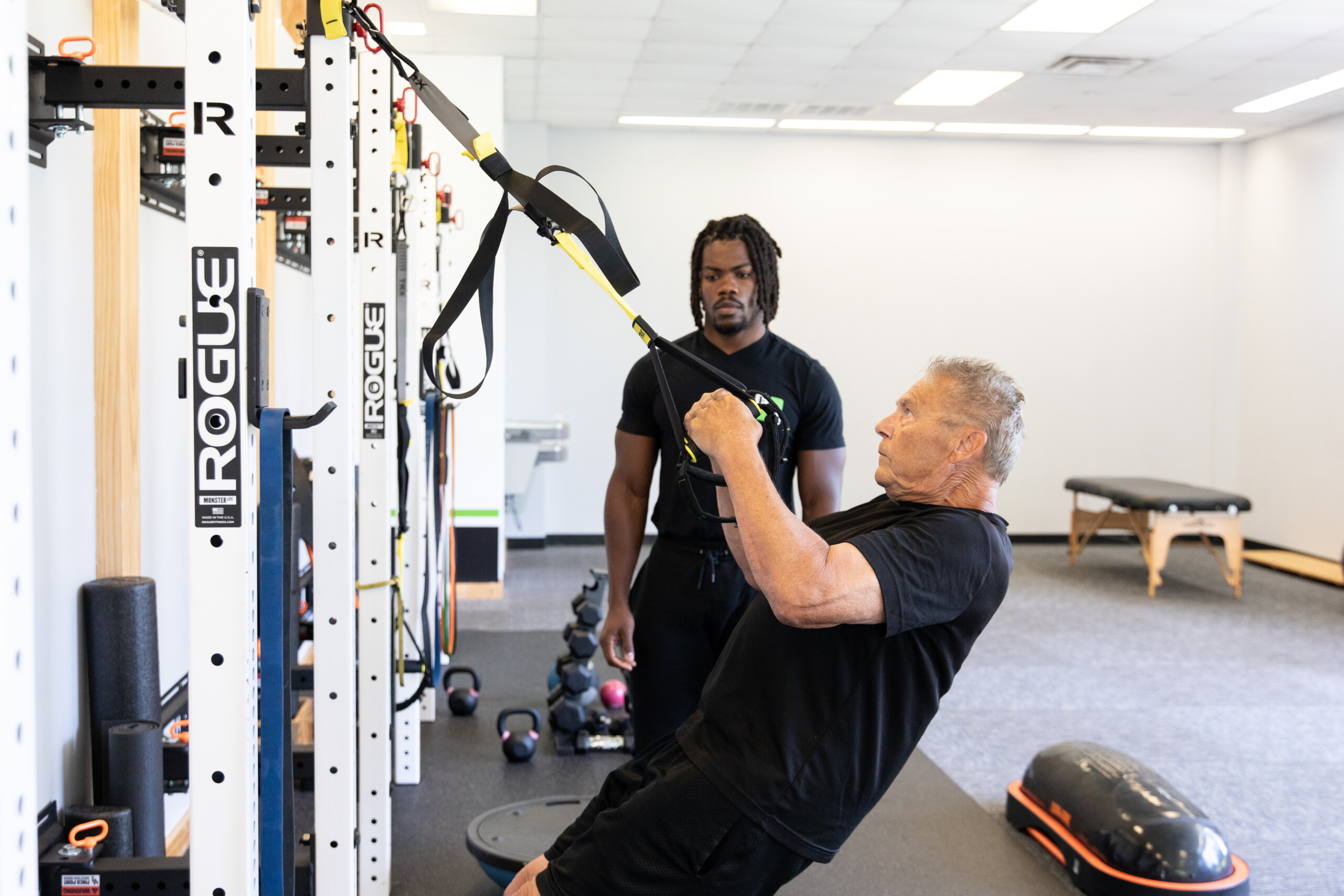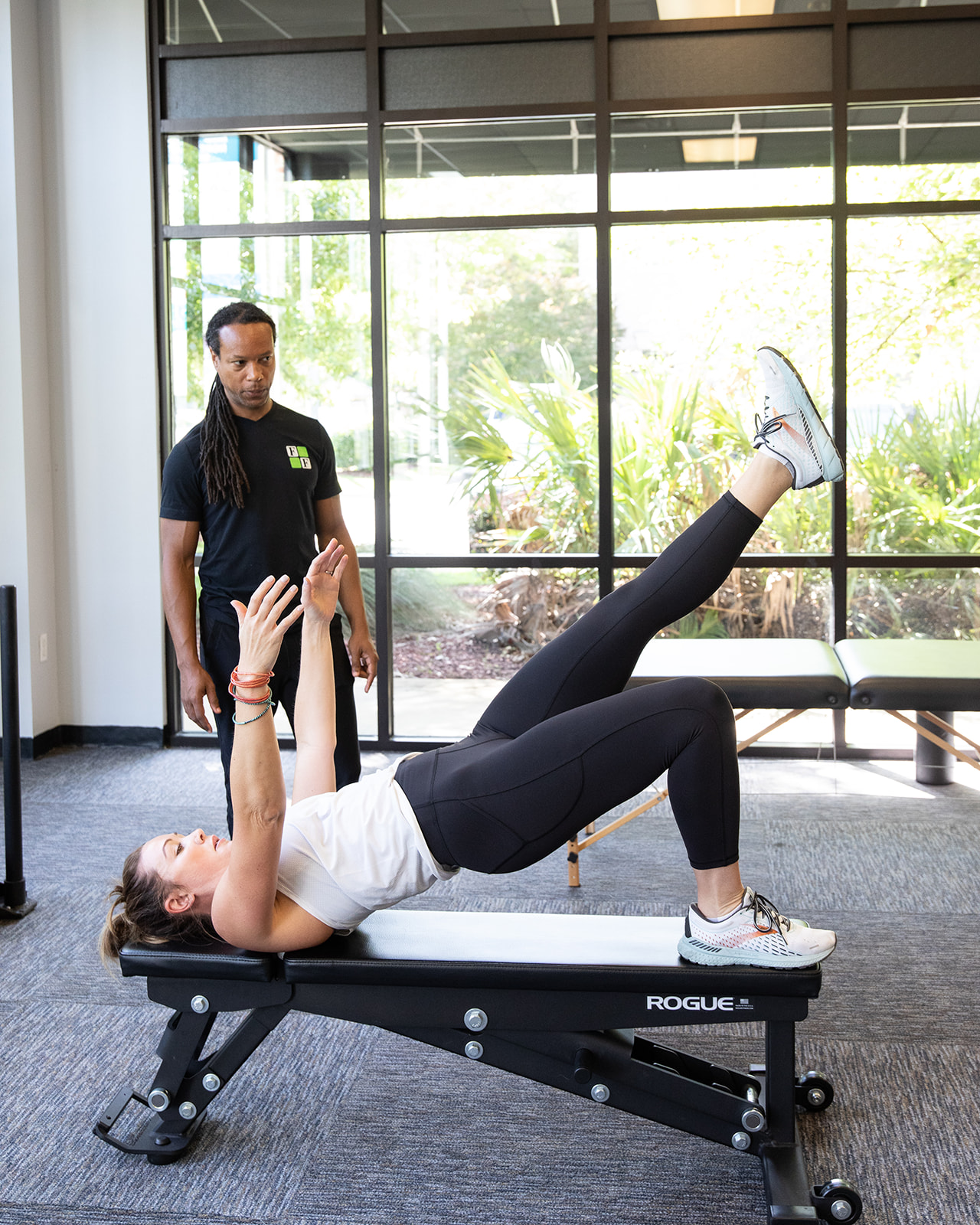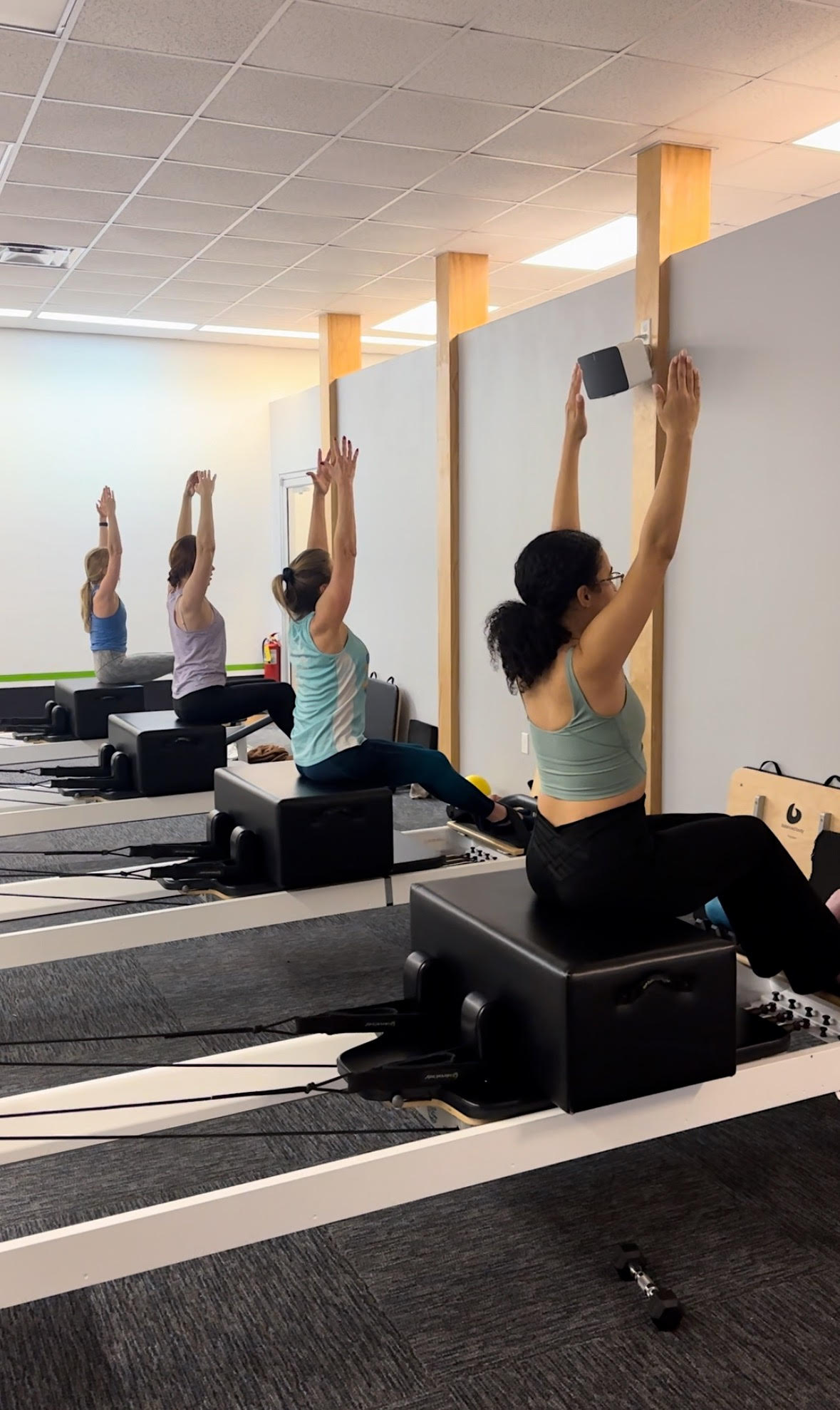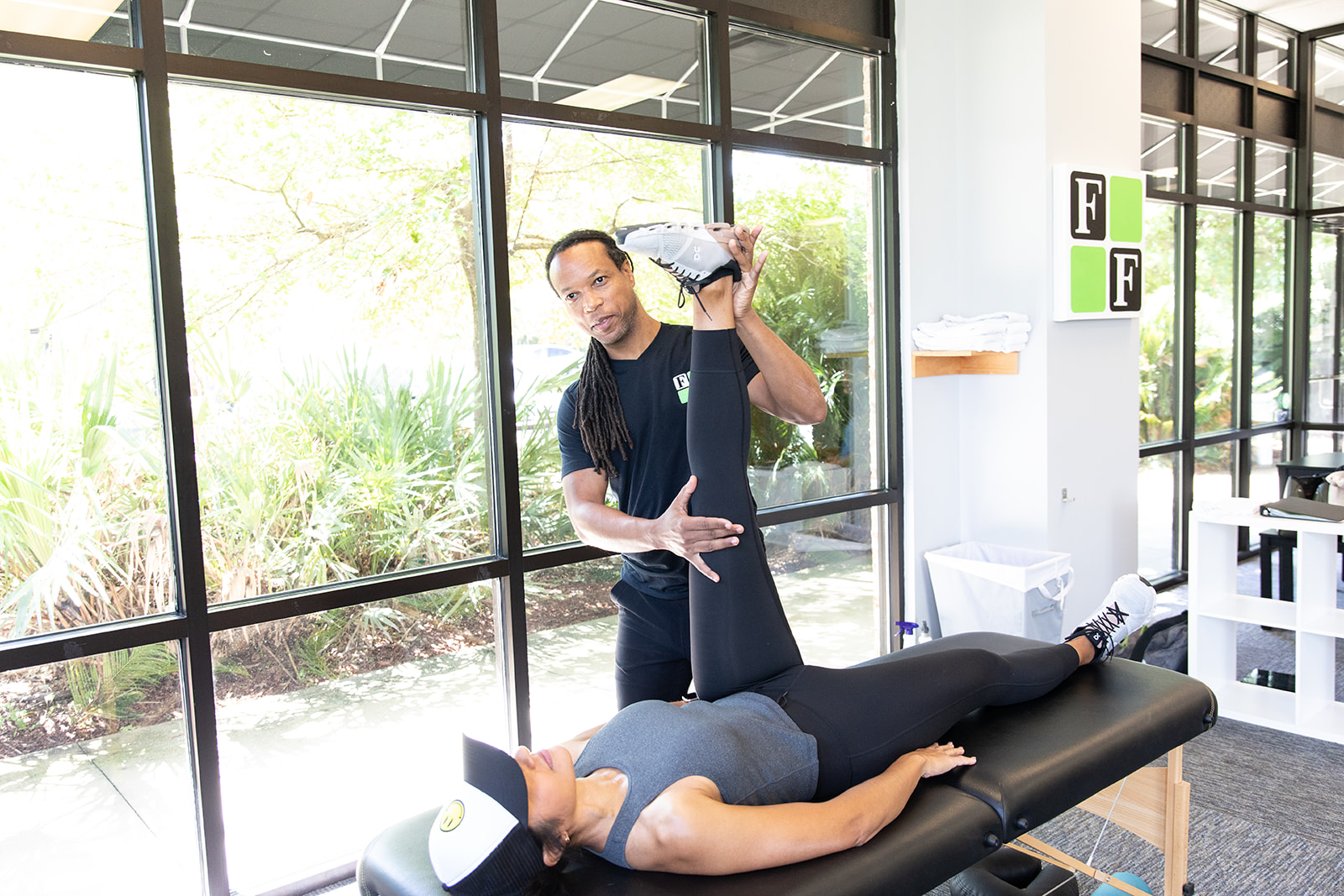August 28, 2023
Maintaining Muscle Strength With Age
Maintaining muscle strength and endurance as you age requires a combination of physical activity, proper nutrition, and lifestyle choices. Here are some strategies to help you stay strong and fit as you get older:
- 1
Engage in Regular Exercise:
Incorporate both cardiovascular exercises (like walking, swimming, or cycling) and resistance training (weight lifting, bodyweight exercises) into your routine. Cardiovascular exercises support endurance, while resistance training helps preserve muscle mass and strength.
Aim for at least 150 minutes of moderate-intensity aerobic activity or 75 minutes of vigorous-intensity aerobic activity each week, along with muscle-strengthening activities on two or more days per week.
- 2
Prioritize Strength Training:
Focus on resistance exercises that target major muscle groups. Use free weights, resistance bands, or weight machines. Gradually increase the resistance or weight you’re using to challenge your muscles and promote growth.
- 3
Stay Active Throughout the Day:
Avoid long periods of sitting. Incorporate movement into your daily routine, such as taking short walks or doing stretching exercises. Consider using a pedometer or fitness tracker to monitor your daily steps and encourage more physical activity.
- 4
Stay Hydrated and Eat a Balanced Diet:
Adequate hydration supports muscle function and overall health. Consume a diet rich in lean protein, whole grains, fruits, vegetables, and healthy fats. Protein is particularly important for maintaining muscle mass
- 5
Get Enough Sleep: Sleep is essential for muscle recovery and overall well-being. Aim for 7-9 hours of quality sleep each night.
- 6
Monitor Your Health: Regular medical check-ups can help you identify and address any underlying health conditions that might affect your ability to exercise.
- 7
Stay Socially Engaged: Participating in group fitness classes or activities can provide motivation and social interaction, which are important for overall well-being.
- 8
Be Patient and Consistent: It’s important to have realistic expectations and understand that progress might be slower than when you were younger. Consistency over time is key.

Share
by Heather Kelly
Share
Many of us know and understand the importance of physical therapy. But what isn't as common of knowledge is that it is important to be completely ready before [...]
What is Pilates and why should you try it? The benefits of Pilates are: Increased Strength & Flexibility: Pilates creates a mind-body connection working multiple muscles throughout the entire body [...]
Joint pain can often be linked to muscle tightness. When the muscles surrounding joints become tight, it can result in stress on the joint, leading to pain and [...]




